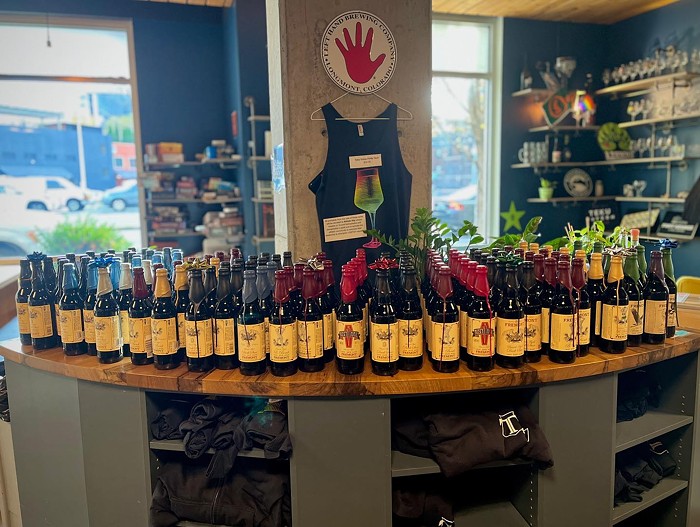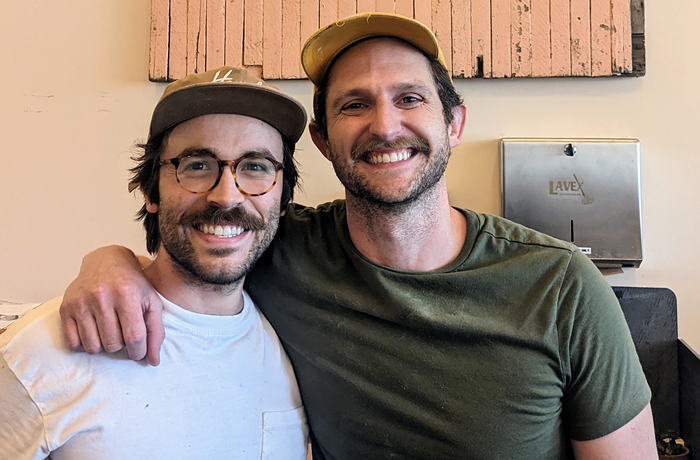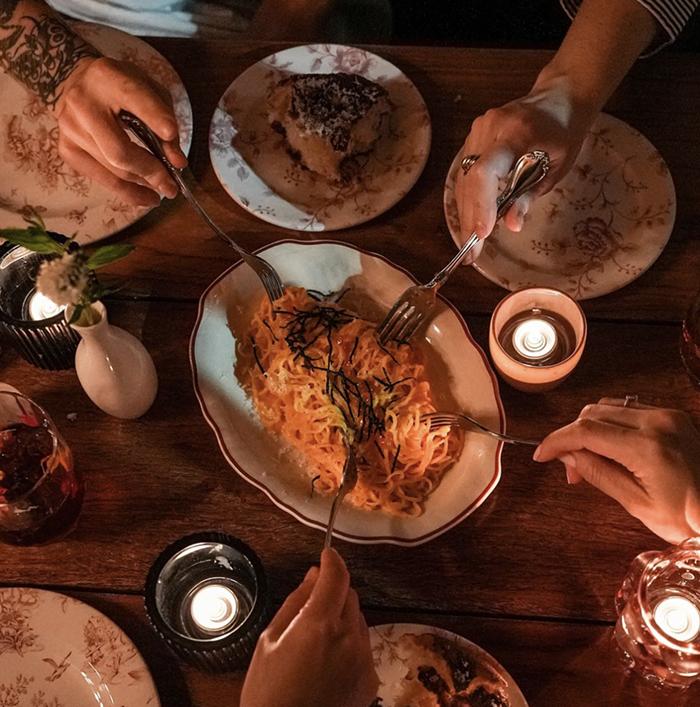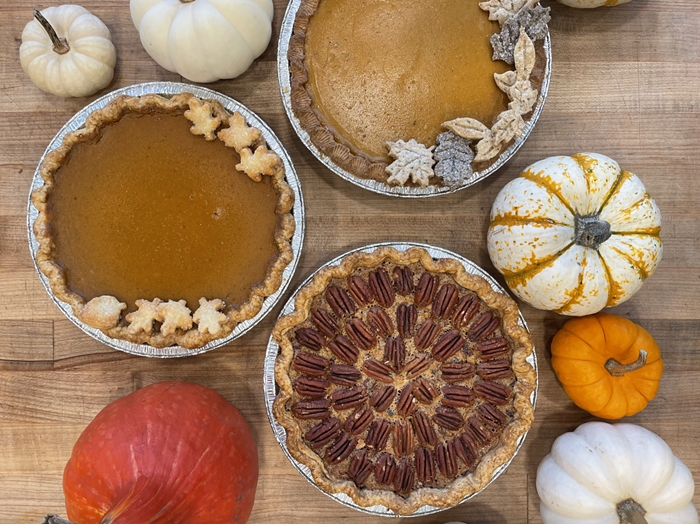Mr. Schneider went further. "I understand what you are feeling," he said. "As Socrates showed, love cannot be anything else but the love of the good. But to find the good is very rare. That is why love is rare, in spite of what people think. It happens to one in a thousand, and to that one it is a revelation. No wonder he cannot communicate with the other nine hundred and ninety-nine."
—The Group by Mary McCarthy
Dear Salade Verte,
I love you. I've loved you for so long—first (and still) at Le Pichet, now, too, at Cafe Presse. I've meant to write to tell you before, over and over—forgive me. I've made secret notes about you, looked at them again and again as whole years went by. I've thought about you while walking down the street for no reason. I've held you in my mind when other things to eat have left me bereft. This love is not born of haste; it is not a passing fancy. I've loved you since the very beginning.
It is admittedly a strange love, the love of a lady for a salad of Bibb lettuce with hazelnut vinaigrette. It would make more sense to reserve such ardor for something more glamorous—a fancy steak, a beautiful lobster—or more substantial—a terrifically built sandwich, a plate or bowl of hot noodles. I have loved these things, and I still do. You are not my everything; that's the old-fashioned notion of a hopeless romantic. You're not a knight on a white horse, you're not the answer to every question, but you are pure and you are good. As a romantic, I am only hopeful, and my hopes you ever fulfill. And you only cost $4 (one dollar more downtown at Le Pichet).
Let me look at you. I like to think of your spring-green butter lettuce (lettuce! Is there a lovelier word?) all in rows against the brown dirt of a quiet, sunny field. Your leaves are ever-crisp, ever-crinkled, ever-true, the best of what sun and earth and water can do. I confess: I think of elves tending you, coaxing you leaf by leaf during the day, dusting and petting and fluffing you, and, in the gloaming, curling up around you to keep you safe and warm all night long. (In truth, your Bibb comes from Frank's in the Pike Place Market, where they seek out the highest-quality produce from multiple sources, including their own farm, throughout the year. In the warmer months, your lettuce—almost always organic—might be grown in Auburn or Sumner or Puyallup; in the winter, lovely California. The tastelessness of hydroponics won't do for you. Your fine, clear flavor makes mesclun seem silly and sad, trying too hard to do too much. Your lettuce is lovingly hand-torn for each salad when it is ordered; practically an entire small head is mounded up on the chilled salad plate, whole leaves intact, like a present from Mr. McGregor's garden. This is what is called doing it right, and doing it right can be tasted.)
You are not so easy to eat. That, too, I love about you. While your leaves demand deftness of knife and fork, your hazelnuts have a sense of humor, eluding the tines, leaping on the lap or escaping to a new life on the floor. I use my fingers with you. I think you like it. The toasty nuttiness of your hazelnuts is all that your pretty, sweet leaves want; there's no argument, no dramatics, no longing for something imagined to be better. (Ever since I learned not long ago that the Pacific Northwest produces a lot of hazelnuts—who knew?—I've had a nut farm in my mind, not far away, with groves of beautiful nut trees, and nut people who walk among them thinking about nuts all day. It turns out this nut farm is real: Holmquist Hazelnut Orchards, up by the Canadian border in the fertile Nooksack River Valley, run by Holmquists for five generations. Their specialty, renowned in gourmand circles, is the DuChilly variety, milder and without the bitter skin of more common hazelnuts—and these are the nuts in you, dear Salade Verte. When spring comes, I will go to see your nut trees.)
And while a good vinaigrette is far greater than the sum of its parts—oil, vinegar, Dijon mustard, perhaps shallot, salt, pepper—your dressing is uncommonly delicious. It has more DuChilly hazelnuts pureed into it, but that is not all. Here is the secret of your dressing that nobody knows: reduced orange juice.
Good is born of good. Le Pichet, with its slate tables and gemlike wines and feats of everyday French food, has always made life much more worth living. Cafe Presse, Pichet's newish sibling, is heart-explodingly great, with its soaring space and crowded-together tables and big clock and ghost crown molding. In the back room in the summer, green trees sway outside the high windows; over the bar one day in December, the skylight slowly grew opaque under an onslaught of snow. Presse's menu of mix-and-match classic French plats, charcuterie, and snacks is always perfect for anytime—oysters and omelets and croque monsieur and steak frites and you, Salade Verte—and Presse serves food until 2:00 a.m. every day. A glass of wine may be had for a song ($3.50). When prices overall edged slightly up recently, it only seemed fair. The people of Presse are marvelous: owner and chef Jim Drohman, tall and owlish; co-owner Joanne Herron, simultaneously welcoming and severe; Esther, the smiling manager with the silvery stripe in her hair; Casey, the dead-serious bartender, wise in the ways of liquor beyond his years; Zach, the waiter who makes dream-catcher art and rides around Capitol Hill on a tiny bike in his off hours. Presse's problems—right now the distant wood ceiling leaks when it rains—are better than most other places' best qualities. At night, when the candles are on the tables, and the noise ebbs and flows, people laugh and eat and kiss in corners, and it's romantic as only the heart of a neighborhood can be.
I could go on and on about you and yours, Salade Verte. You are there, quietly, constant, when I want you, always the same and always brand-new; know that this is like magic. And know this: When I think of what I love best, my heart thinks of you, a small, green dream come true.
Very truly yours,
Bethany Jean Clement


















